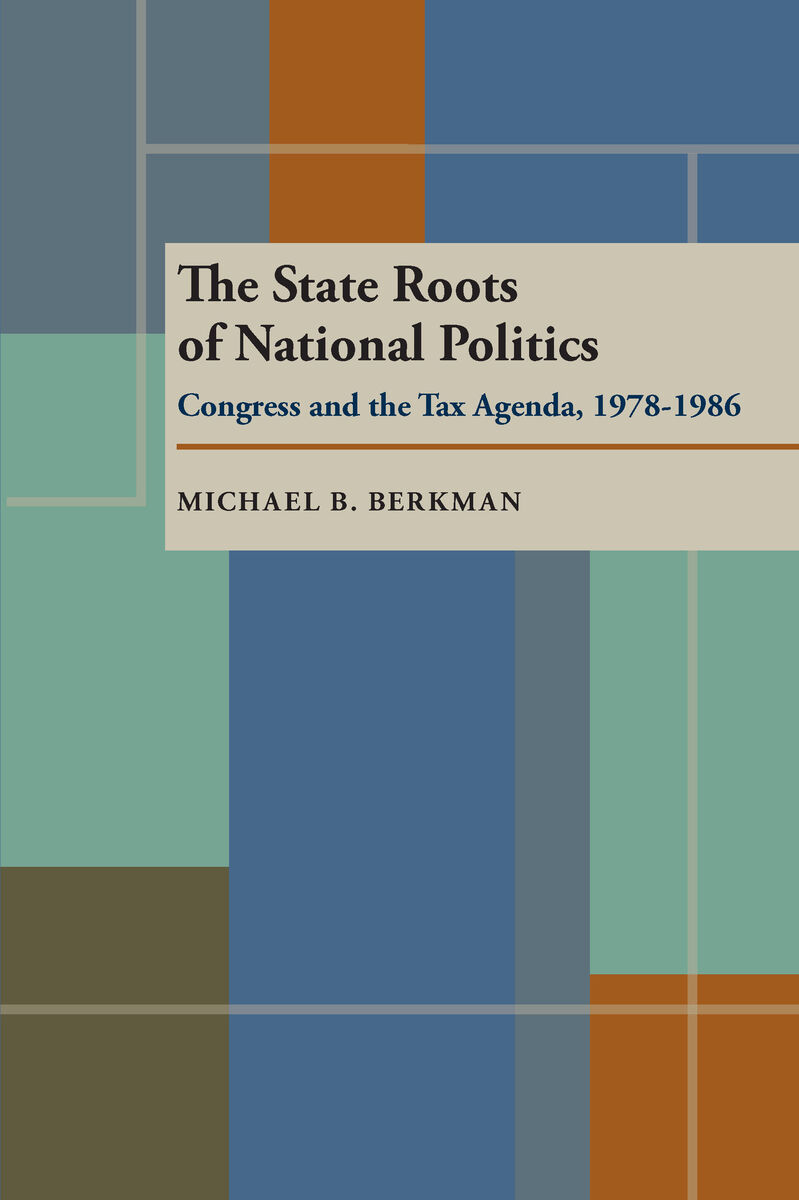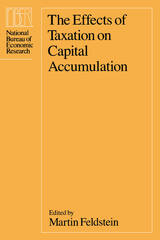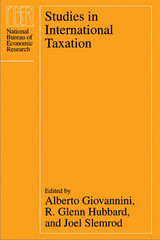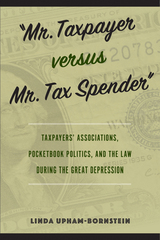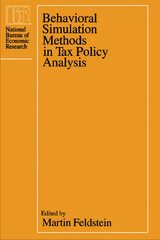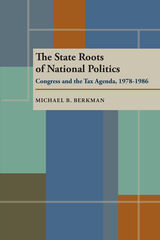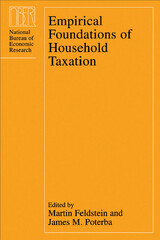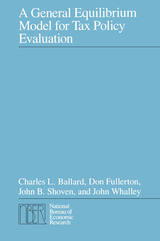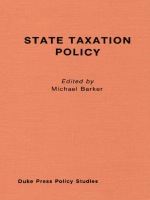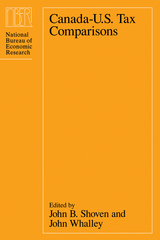Cloth: 978-0-8229-3761-6 | eISBN: 978-0-8229-7457-4 | Paper: 978-0-8229-5508-5
Library of Congress Classification HJ2381.B47 1993
Dewey Decimal Classification 336.20097309045
Winner of the William Anderson Award of the American Political Science Association
Explores the role of state politics in shaping the national agenda during the 1980s. By focusing on the federal tax policy from 1978-1986, Berkman argues that a conservative political agenda slowly replaced the liberal agenda dominant since World War II.
The state roots model asserts that national policymakers, particularly members of Congress, are products of their state political systems and environments. Berkman applies this model to the tax-cutting policies that took hold nationally in 1978, before Regan came to office, and continued in the tax acts of 1981 and 1986.
See other books on: Congress | Intergovernmental fiscal relations | National | States | Taxation
See other titles from University of Pittsburgh Press
